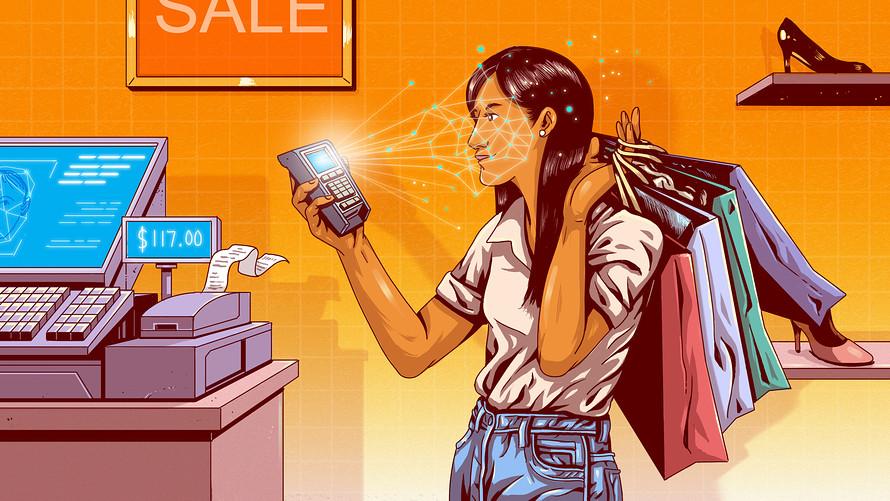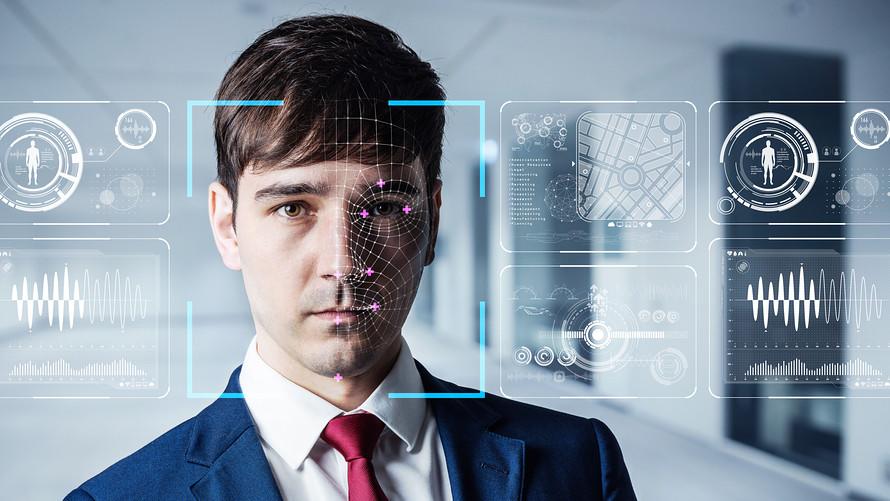Silicon Valley’s ‘Neoliberal Takeover Of The Human Body’ To Supercharge Spending
Thanks to advances in biometric payment technologies and ultra-slick payment systems, Silicon Valley has made it incredibly convenient to shop, pay for, and consume just about anything; and it’s about to get easier, according to MarketWatch‘s Quentin Fottrell.
In the last decade, we’ve gone from physical credit cards to biometric mobile wallets – allowing people to store payment data in smartphones, watches, smart glasses and other devices. Now, these ‘last physical barriers’ are about to be supplanted by facial recognition.
“The deeper the tie between the human body and the financial networks, the fewer intimate spaces will be left unconnected to those networks,” said Aram Sinnreich, associate professor of communication studies at American University and author of “The Essential Guide to Intellectual Property.
“Every technological necessity exists in the real world and is used commercially,” he says, adding “It just hasn’t all been integrated into one biometric-payment method yet because it would creep people out.”
“It’s the neoliberal takeover of the human body.”
After a slow start, the global mobile-payment market is expected to record a compound annual growth rate of 33%, reaching $457 billion in 2026, according to market-research firm IT Intelligence Markets. As payments move from cash to credit cards to smartphones, financial-technology companies, known as fintechs, have been honing their biometric services.
Biometric technology, meanwhile, is infiltrating every other aspect of our digital lives. Juniper Research forecasts that mobile biometrics will authenticate $2 trillion in in-store and remote mobile-payments transactions in 2023, 17 times more than the estimated $124 billion in such transactions last year. –MarketWatch
“Using biometrics as a method of payment is going to be pretty popular in the future,” said attorney Hannah Zimmerman, who says the technology will propelled by “the globalization of commerce.”
Frictionless payments translate to more spending
A University of Illinois study found that people’s purchases increased by almost 25% when mobile payment systems were used. Researchers found that the use of a mobile wallet boosted spending by 2.4% over those who don’t use them. Meanwhile, Chicago-based Consumer Intelligence Research found in a survey of 2,000 American customers that Amazon Echo smart speaker users spent 66% more on average with the online retailer than other consumers.
As Fottrell notes, however “people who have the money to buy smart speakers may also have more to spend.”
Still, it provides a window into the world of frictionless spending: Echo owners spend $1,700 annually at Amazon versus $1,300 among Amazon Prime members — who must pay a $99 a year subscription — and $1,000 for all Amazon customers in the U.S. Some people may have both Echo devices and Prime accounts. (Amazon did not respond to a request for comment.) –MarketWatch
Read the rest of the report here.
Tyler Durden
Sun, 09/08/2019 – 17:15
via ZeroHedge News https://ift.tt/2A2ryxm Tyler Durden

